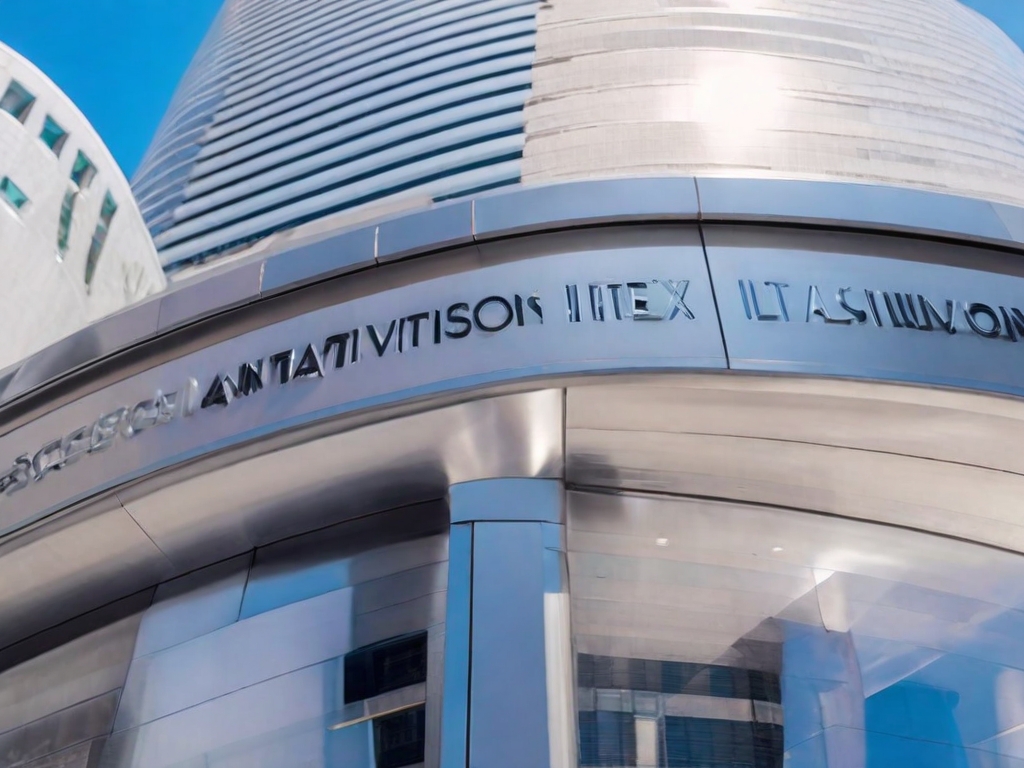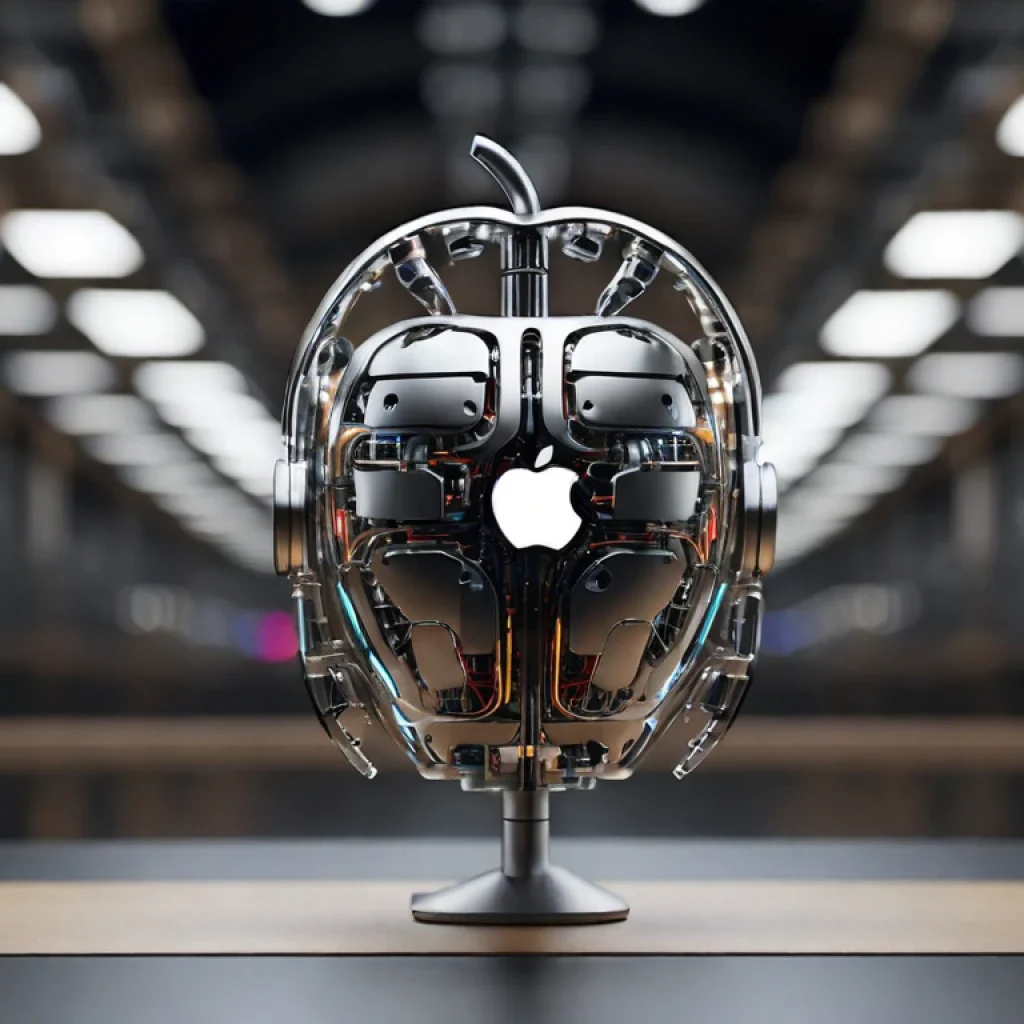The U.S. Securities and Exchange Commission (SEC) has intensified its focus on utilizing artificial intelligence (AI) in the financial sector. In response to significant technological advancements, the SEC has launched sweeping examinations targeting investment advisers’ AI models and confirmed ongoing AI-related investigations within its Division of Enforcement.
Under the leadership of SEC Chairman Gensler, concerns have been raised regarding the potential risks AI poses to individual investors and the broader financial system. Chairman Gensler emphasizes the unpredictability of AI models’ decisions and outcomes, citing challenges in determining whether these models prioritize firms’ interests over those of clients. He also warns of systemic risks arising from a potential concentration of market participants relying on a few foundational AI models, leading to homogeneous decision-making and heightened risk concentration.
Proposed rules addressing AI concerns
To mitigate these risks, the SEC proposed comprehensive rules governing the use of predictive data analytics (PDA), which encompasses AI technologies. These rules aim to prevent conflicts of interest and enhance transparency in AI usage by broker-dealers and investment advisers. Key provisions include evaluating AI systems for conflicts of interest, adopting written policies and procedures for compliance, and stringent record-keeping requirements.
Industry stakeholders have raised concerns about the practical implications of the proposed rules. Some argue that the currently formulated rules could disrupt business operations, potentially leading to industry consolidation and placing U.S. investors at a competitive disadvantage globally.
SEC’s multi-pronged approach
The SEC has initiated proactive measures to address AI-related risks in tandem with the rulemaking process. The Division of Examination’s AI-related sweep seeks detailed insights into firms’ AI utilization, including model descriptions, data sources, and incident reports. Concurrently, the Division of Enforcement is actively investigating “AI washing” instances where firms make misleading claims about AI implementation akin to greenwashing in environmental contexts.
Leveraging the existing regulatory framework
The SEC is leveraging existing regulatory provisions to address AI risks without finalized AI rules. Current regulations of insider trading, fiduciary duties, and disclosure requirements offer a framework for evaluating AI inputs, outputs, and compliance measures. Firms are urged to proactively assess AI-related risks and ensure compliance with existing regulations pending adopting specific AI rules.
Emphasis on disclosure and compliance
Chairman Gensler’s warnings against inaccurate disclosures highlight the SEC’s focus on transparency in AI usage. Firms are urged to provide accurate and up-to-date disclosures on AI development and deployment, recognizing the potential for AI models to evolve. Compliance programs should be tailored to address AI-specific regulatory risks, reflecting the SEC’s scrutiny of firms’ preparedness to navigate AI-related challenges.
Cybersecurity implications
Amid growing concerns over cybersecurity threats, SEC rules mandate the protection of client information and vigilance against potential breaches. Firms utilizing AI must ensure robust cybersecurity measures to safeguard sensitive data and detect cyber threats effectively. Vulnerabilities in network architecture could expose firms to regulatory scrutiny and compromise client confidentiality.
The SEC’s proactive stance on AI reflects the regulator’s commitment to addressing emerging risks in the financial sector. While proposed rules aim to enhance accountability and transparency in AI usage, industry stakeholders must navigate evolving regulatory landscapes and bolster compliance measures to mitigate potential risks effectively. By leveraging existing regulatory frameworks and adopting robust cybersecurity practices, firms can navigate the complexities of AI implementation while safeguarding investor interests and maintaining regulatory compliance.





